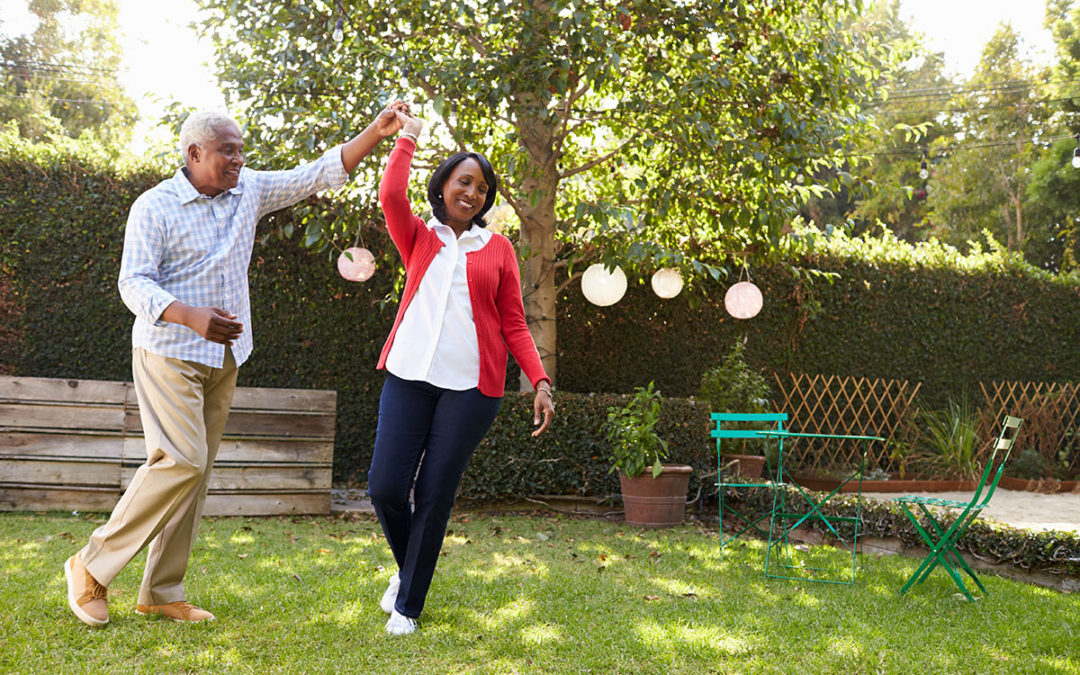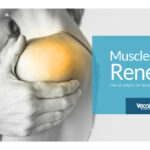Knee pain is particularly common among those who are at least 65 years old, according to research from various countries. For example, a study from the United Kingdom, published in Arthritis & Rheumatism, revealed that knee pain struck almost two-thirds of British women who were 50 or over. A study from the Annals of Internal Medicine found that the percentage of women and men aged 70 and above in the United States who reported knee pain was not as mind-boggling but still represented a large chunk of those groups: 25 percent and 16.5 percent, respectively.
Chronic pain damages the quality of life for those who are aging in a broad multitude of ways. One key one is that persistent pain is linked to difficulty sleeping, which in turn contributes to additional pain.
Why is knee pain higher among older people?
The key reason why knee pain increases as we age is that it is a joint, and the joint must resist gravity and inevitably experiences degradation as natural wear occurs. To look at it in that simple biomechanical sense, our knees experience more pain over time because we take more steps as the years pass, gradually wearing down the joint.
Knee pain is not just about taking an ever-increasing number of steps in life. Other aspects of aging contribute to the condition as well:
- Osteoarthritis (OA) – Osteoarthritis involves the cartilage that serves as a protection for the knee’s bones wearing away, often resulting in knee pain. It occurs in approximately 14 percent of US citizens who are over age 24. Among those who are 65 and older, it is much more common, with 34 percent experiencing the condition. In fact, OA is so commonly experienced by older members of the population that people often assume it to be an impossible-to-avoid aspect of aging.
- Obesity – Additional body weight represents more pounds that your knees have to support. Since that is the case, the knees will wear down faster if your weight is higher.
- Changes in the muscles – The muscles in the human body tend to shrink by about 40 percent between ages 20 and 60. This loss of muscle means that our bodies become weaker. When we are younger and our bodies are functioning optimally, the muscles in our legs and hips absorb much of the force of physical activity. Knee pain is likelier to occur when that muscular defense system is lacking.
Getting help for age-related knee pain
Are you experiencing knee pain that seems to be worsening with age? While it helps to better understand why pain is occurring, it is especially important to mitigate pain and regain your quality of life. At ViscoGen™ in Orlando, we offer KneeVisc 5® – an innovative new nonsurgical approach to treating the symptoms of osteoarthritis and chronic knee pain. Contact us to schedule your appointment today!




